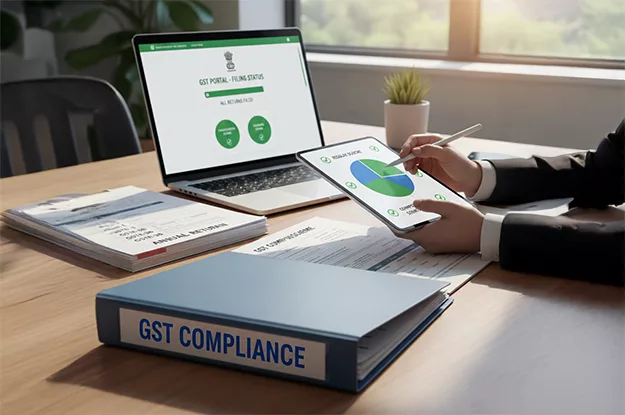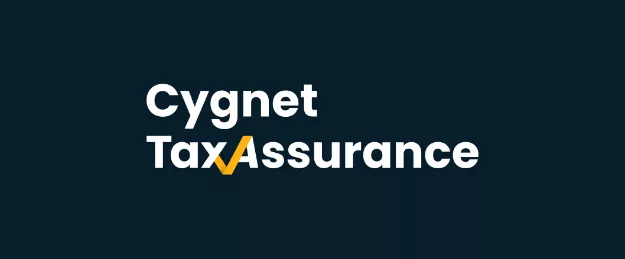As global trade becomes increasingly interdependent and digitalized, intermediary services – those that facilitate transactions without directly supplying goods or services – play a critical role in connecting markets, businesses, and consumers across borders. Yet, in India, and indeed globally, this sector sits at a regulatory crossroads. Recent GST notices served to multinational companies (MNCs) and global capability centers (GCCs) underscore the urgency of reevaluating how these services are understood and taxed.
The Economic Importance of Intermediaries
At their core, intermediary services create economic value by bridging supply and demand. Whether it’s a BPO coordinating back-office operations for a multinational client, a marketing agency helping a foreign brand localize, or a tech firm facilitating cross-border cloud services, these intermediaries enhance efficiency, reduce market entry barriers, and improve customer engagement.
In global markets, these entities have become extensions of international business operations. For economies like India, they not only attract foreign currency but also generate high-skilled employment, boost service exports, and deepen integration with global value chains. Ignoring or misclassifying their contribution risks undermining a high-potential economic lever.
Tax Treatment: A Global Puzzle
Tax treatment of intermediary services is far from uniform across jurisdictions. India’s GST framework, by defining the place of supply for intermediaries as the location of the service provider – even if the recipient is overseas – has created a friction point. This treatment subjects cross-border intermediary services to domestic GST, denying them export status and zero-rating benefits.
While rooted in legacy service tax definitions, this approach diverges from the destination-based tax principle that underpins GST philosophy globally. Courts and tribunals have struggled with this inconsistency, resulting in conflicting rulings and ongoing litigation.
Compare this with more facilitative regimes:
- The EU VAT Directive largely respects the destination principle, taxing intermediary services where the customer is located.
- Singapore and UAE, key hubs for service exports, offer greater certainty and exemptions for cross-border services that do not constitute domestic consumption.
The result? Competitive disadvantage for Indian service providers, who are left navigating regulatory fog while their global counterparts enjoy smoother tax environments.
Litigation and Ambiguity: Lessons from the Courts
Several judicial decisions have highlighted the blurred line between facilitation and direct service provision.
In Dharmendra M. Jani v. Union of India, the Bombay High Court’s split verdict questioned the constitutional basis of taxing exports of intermediary services. The unresolved nature of this case has perpetuated business uncertainty.
Meanwhile, conflicting Advance Authority Rulings (AARs) – such as Vservglobal (intermediary) and GoDaddy India (non-intermediary) – have only deepened interpretational divides. These rulings have significant implications for IT/ITES and marketing sectors, which often straddle the intermediary/non-intermediary threshold depending on the contract structure and functional scope.
CBIC’s clarifying circulars – including the 2021 circular and further guidance in 2024 – are steps in the right direction. They rightly assert that services like call centers, back-office support, and comprehensive marketing are not intermediaries if delivered on a principal-to-principal basis. However, implementation at the field level remains patchy, and recent DGGI notices show a continued tendency to default to the intermediary classification – risking refund denials and reputational impact for global firms.
Charting the Way Forward
To support intermediary services as an engine of economic growth and export capability, several reforms are essential:
1. Revisit GST Law Provisions: Section 13(8)(b) of the IGST Act must be reviewed in light of the destination-based tax principle. If intermediary services are serving clients overseas, taxing them domestically makes little economic or logical sense.
2. Codify Clarifications in Rules: While CBIC circulars provide clarity, elevating their substance into statutory rules or notifications will reduce discretion and inconsistency at the assessment stage.
3. Incentivize Export-oriented Services: Like other service exports, intermediary services serving offshore clients should be eligible for zero-rated treatment. This aligns tax policy with India’s aspiration of becoming a global services hub.
4. Contract Structuring and Capacity Building: Businesses must align contracts to demonstrate direct service provision. Simultaneously, tax officers must be trained to understand modern service models, especially in digital, ITES, and knowledge process industries.
5. Stakeholder Engagement: A regular dialogue between policymakers, industry bodies, and global service providers will help ensure that regulation keeps pace with business realities.
Conclusion: Clarity is the New Competitiveness
Intermediary services, when properly recognized and supported, can act as a catalyst for India’s economic ambitions. However, current tax ambiguities threaten to stifle their potential. Thoughtful reforms – grounded in clarity, consistency, and competitiveness – are essential to ensure that India’s intermediary sector doesn’t just survive, but thrives in the global economy.

































